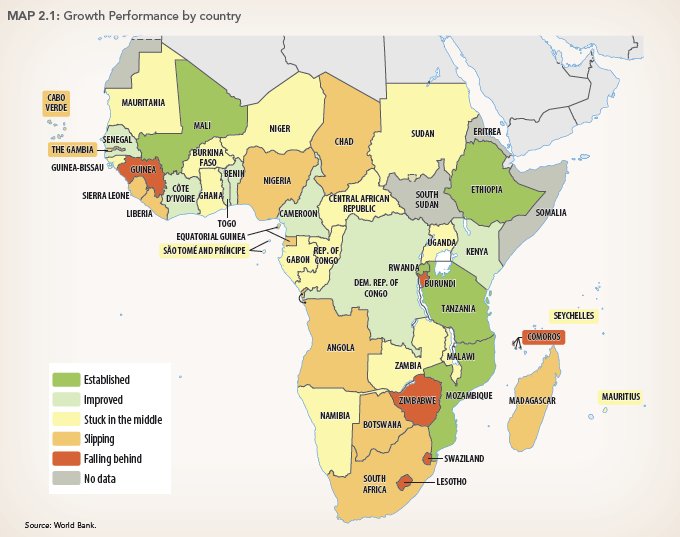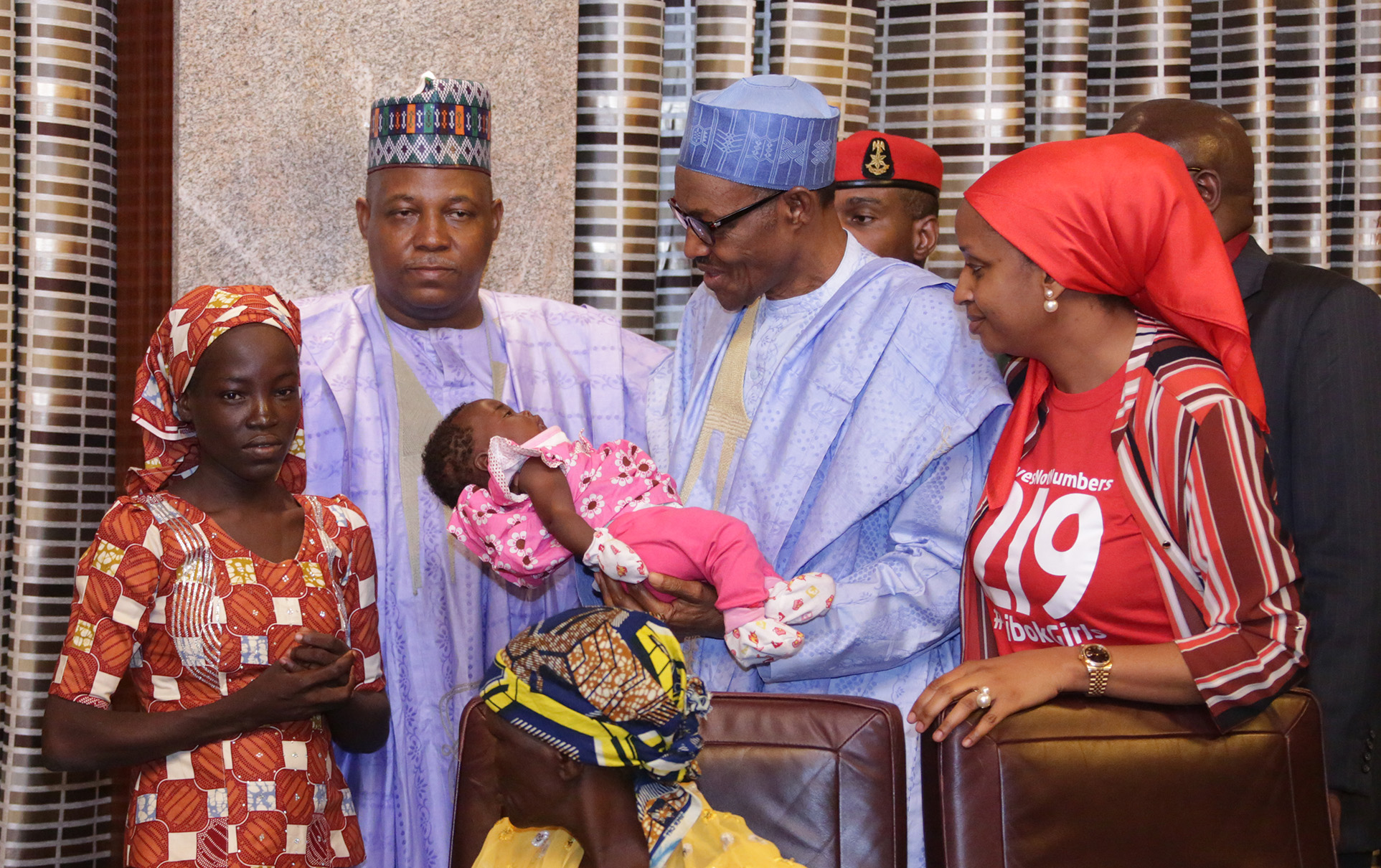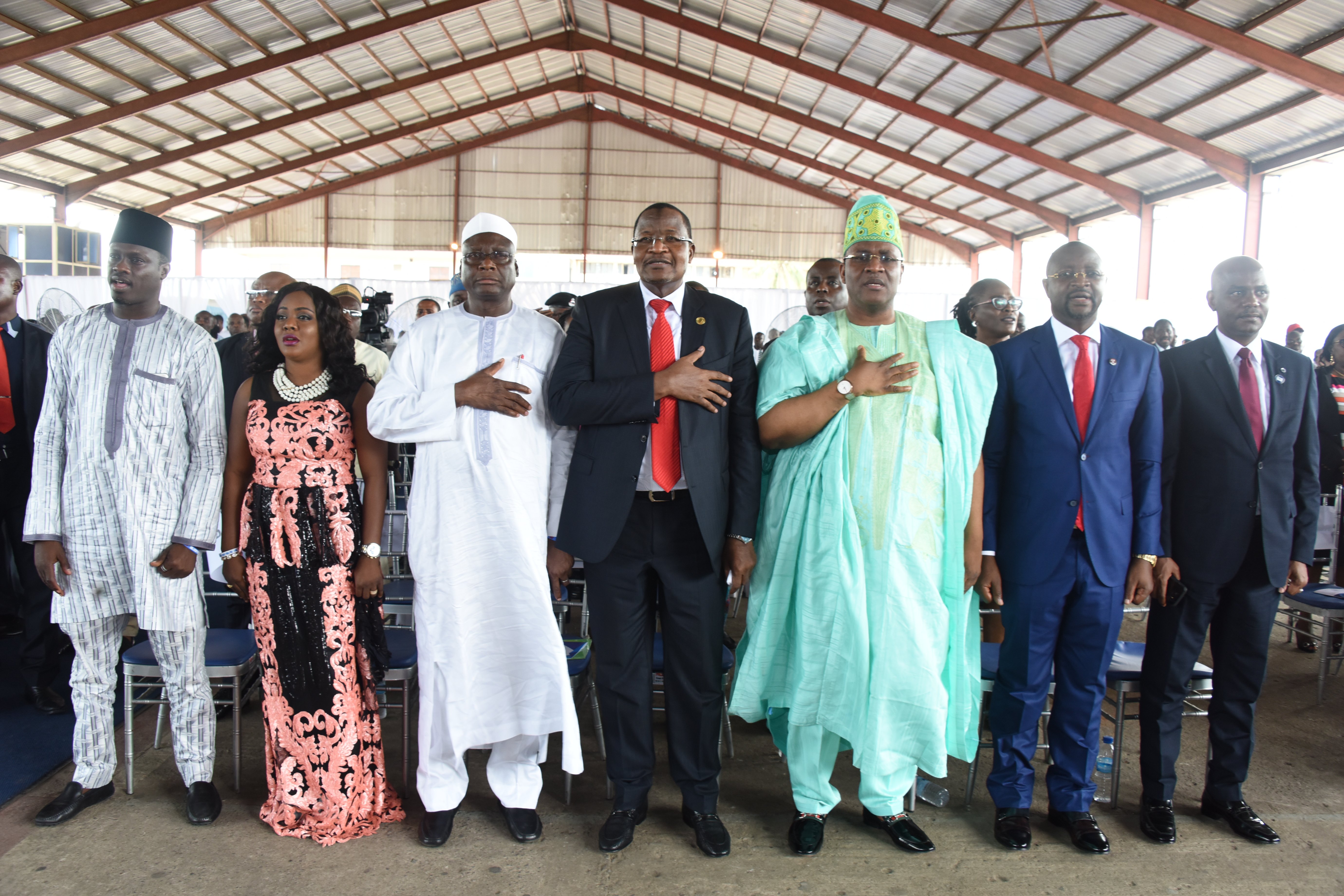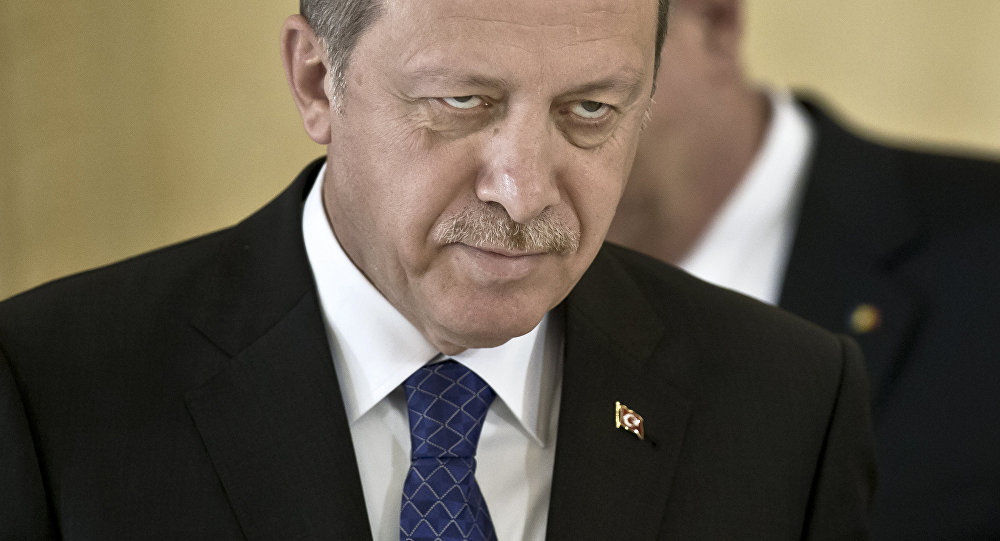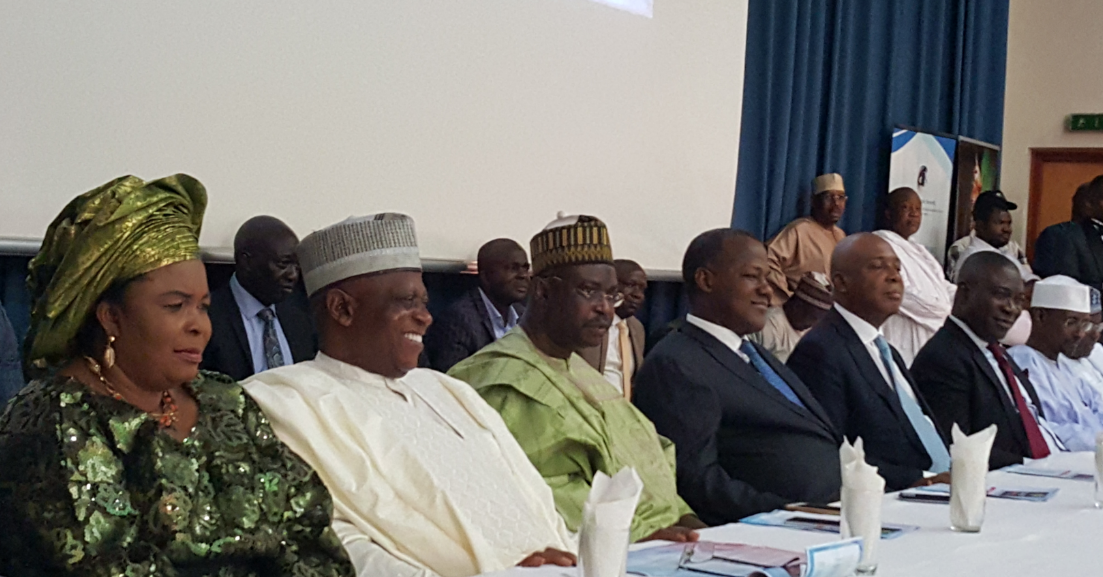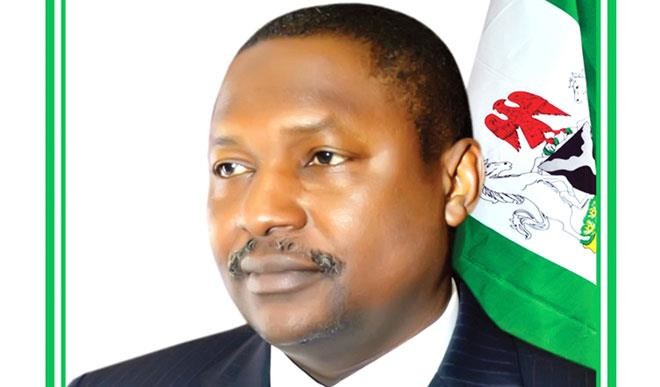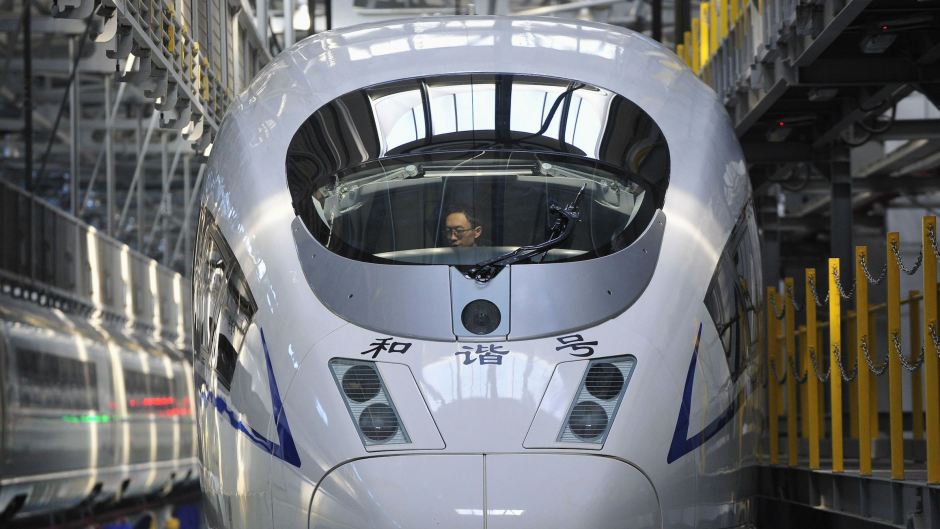There are many African proverbs that convey the importance and place of family bond in society. One of my mother’s favourites was, “Nwene nmadu bu uko ogbo”. The literal English translation is, “Your brother or sister is your covering or your cloth”.
South Africans have a profound expression of this bond. They call it “Ubuntu.” The full Zulu expression is, “Umuntu ngumuntu ngabantu,” meaning, “A person is a person through other people”.
The definition of “the family” is changing. A social demographic like “sex”, for example, has been being gradually replaced in some parts of the world by the word, “orientation.” There are also bathroom wars over what label to use for those who are neither “male” nor “female.”
Many children today are growing up under different family settings than the generation before them, with increasing cases of working Mom and Dad, single parenthood, separation, divorce and permanent singlehood, not to mention the impact of new reproductive technologies and the onset of deferred marriages and pre-marital contracts.
Advertisement
Regardless of this flux, however, most might agree that the family is the smallest social unit, comprising a couple or one of two couples that may be legal but may or may not be biological parents.
In a paper entitled, “Changing Family Patterns And Family Life,” Kathleen Gerson and Stacy Torres wrote, “Almost everyone agrees that marriage and parenthood make a family, but significant numbers also consider unmarried couples without children a family, and disagreement over who should be allowed to marry underlie the heated political struggles over same-sex marriage.”
I must at this stage resist the temptation to go too far afield into the turbulent areas of same-sex marriage and whether or not a man marrying a man or a woman marrying a woman can be described as family.
Advertisement
The position of the law in Nigeria today is that it is illegal. Under the Same-Sex Marriage Prohibition Act 2013, same-sex marriage is punishable by up to 14 years imprisonment. Public advocacy or abetting of same-sex marriage also carries the same penalty.
Some would even argue that, legal or not, same-sex marriage is anathema to traditional African values, while others would respond that it is not the business of African traditional values – or values anywhere for that matter – to concern themselves with what happens behind closed doors between two consenting adults.
What traditional African ethos and values bind and sustain the family as a social institution? How are families connected to institutions outside the home? How can those connections help to build and reinforce outcomes in other social systems and institutions?
To reframe the question as the world marked the World Family Day on Monday: How can we use positive values from the African family to move from big men and women to big systems and strong institutions?
Advertisement
The family has evolved from the breadwinner-homemaker model, which a number of sociologists in the 20th century identified as the basis for domestic equilibrium and stability. In this setting, the man was supposed to be the sole provider of the family’s economic and security needs, while the woman looked after the children, apart from being there for the man’s pleasure.
But shifts have occurred over the years. While the family continues to provide emotional support and socialisation for the child, for centuries now, schools have taken over the role of formal education and the factories have taken over the production of goods and services.
Colonialism, feminism, post-industralisation, and globalisation have taken their toll on traditional African families and values. It is, however, important to note that outside the thrall of individualism and the anomie that define many urban centres on the continent, swathes of families in rural areas where most of the population live are still rooted in collectivist customs and practices.
In other words, we are still largely rural and traditional societies.
Advertisement
This is in spite of Harry Mosco’s 1978 hit song, Country Boy, in which he told his “Mama” and “Papa” that he would never to go town (read village), because as he put it, the town had neither money nor food him. “I’m a country (read city) boy,” he crooned, “I don’t wanna go!”
In a number of African societies, including today’s Nigeria, accountability – or more precisely lack of it – is probably one of the biggest problems. How do we get persons in positions of authority – whether they are politicians, civil servants, clergy or student union leaders – to account for the commonwealth in their custody?
Advertisement
The typical African big man is made not necessarily through hard work, talent or any creative genius. He typically emerges through patronage and by exploiting weak systems and divisions among the poor and vulnerable.
He plays the ethnic or religious card when it is convenient, muscles through at other times, or just buys his way if he has to. Out of control and ungovernable – that is what it means to be a big man or woman.
Advertisement
How can we tame this beast?
Advertisement
Views expressed by contributors are strictly personal and not of TheCable.

